Gen Z’s Anti-Vax Problem
November 11, 2021
Covid-19 has been the most deadly epidemic in modern memory, killing over five million people globally, one fifth of whom died in America. After more than a year of this devastation, a coronavirus vaccine finally was released. Strangely, despite a scientific consensus supporting the vaccine, millions of people–especially young people–are refusing to get it. This problem is especially pervasive for Gen Z, who are less likely to be vaccinated than older, more conservative generations. A recent poll from Stat News found that 21% of Gen Z won’t get vaccinated against Covid-19, and 34% will wait to get vaccinated. Gen Z’s vaccine hesitancy will, in all likelihood, prolong the pandemic, which will perpetuate the death and suffering Covid-19 is causing. This means that understanding and addressing hesitancy is essential for public safety.
Vaccine hesitancy hurts anti-vax people the most. While they may spread the illness to others, the unvaccinated are primarily a danger to themselves. The Washington Post reports that the unvaccinated people are eleven times more likely to die from covid-19 and ten times more likely to be hospitalized with it. This isn’t just a danger to old people, unvaccinated young people put themselves at risk too. The BBC reports that young adults hospitalized for Covid-19 are nearly as likely as adults over 50 to suffer complications. Furthermore, young adults face a significant risk of organ damage from contracting Covid-19. About forty percent of adults hospitalized with covid between 19 and 49 suffer organ damage. Personal accounts from anti vaxxers lend valuable insight as to why these people are willing to put their own health at risk.
A Summit student, who asked to be kept anonymous, and will be referred to with the pseudonym Keith, gave his perspective on vaccines.
“I am not vaccinated. I feel as though it is too early to put something into my body that is so new and hasn’t been researched as much as I like. It also doesn’t protect against the delta variant, so I really don’t see a point,” Keith said. However, according to Boston University, the vaccines have been studied for over six months, the standard period of time for FDA approval of vaccines. Even in getting emergency approval, no standard vaccine trials were skipped. Furthermore, the technologies used in the vaccine have been studied for about a decade. Also, the CDC reports that the vaccine is effective against the delta variant, especially in preventing severe cases. So Keith’s understanding of Covid-19 and the vaccine is severely distorted.
“Covid will spread, the vaccine doesn’t stop the spread. People will still get it. I feel as though until everyone gets a natural immunity to it, it will keep going. People will die, sadly. However, that’s part of life,” he later said. Of course, the overwhelming scientific consensus tells us that the vaccine does stop the spread. Still, these comments reveal both a fundamental misunderstanding of the effects of the Covid vaccine and an unwillingness to take collective responsibility for the spread of disease.
This account shows how central misinformation is to Gen Z’s vaccine hesitancy. Most of the misconceptions Gen Z believe come from social media, which is problematic because the online anti-vax movement is not just some grassroots political struggle. According to USA Today, it’s a for-profit industry valued at 1 billion dollars, and one that generates massive amounts of traffic and revenue for social media companies. Because of this, people who use social media more than traditional media are 10 percent less likely to get vaccinated than those who rely more on traditional media. While many social media companies claim to be proactive in stopping the spread of misinformation, the reality is that they have largely failed to enforce their own rules on disinformation.
While most anti-vaxxers sincerely believe what they say, hesitancy is mostly an issue of disinformation, not misinformation. The difference is that disinformation is spread with malicious intent by those who know it’s false while misinformation is spread by people who believe it to be true.
Vaccine disinformation is spread by a small, dishonest group of influencers who profit immensely off of disinformation and likely know that they’re lying. NPR found that a whopping 65% of vaccine disinformation originates from just 12 people, dubbed the disinformation dozen. All of the twelve promote “natural health” and use their false claims about vaccines to sell their own supplements, books, and other health products. The anti vax movement is almost universally harmful, economically benefiting only a handful of people at the expense of public safety, primarily that of its own members. In essence, anti-vaxxers believe demonstrably untrue things, that they were convinced of by self-interested grifters, all at the expense of their own safety. At its core, the anti-vax movement is two things: a for-profit business and a death cult.





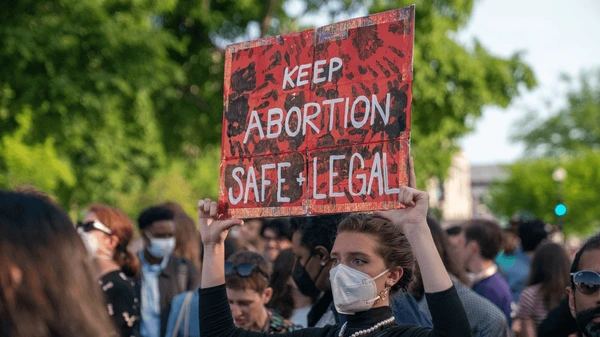



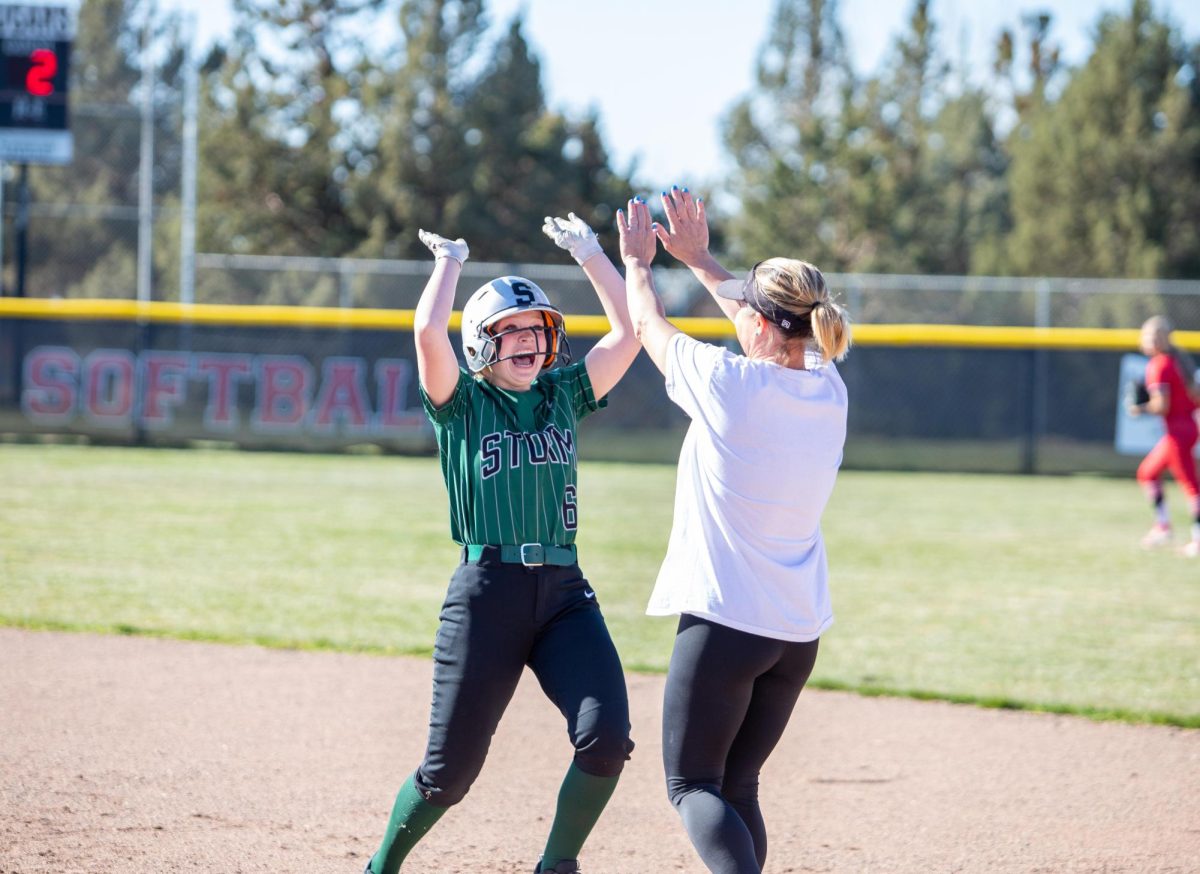
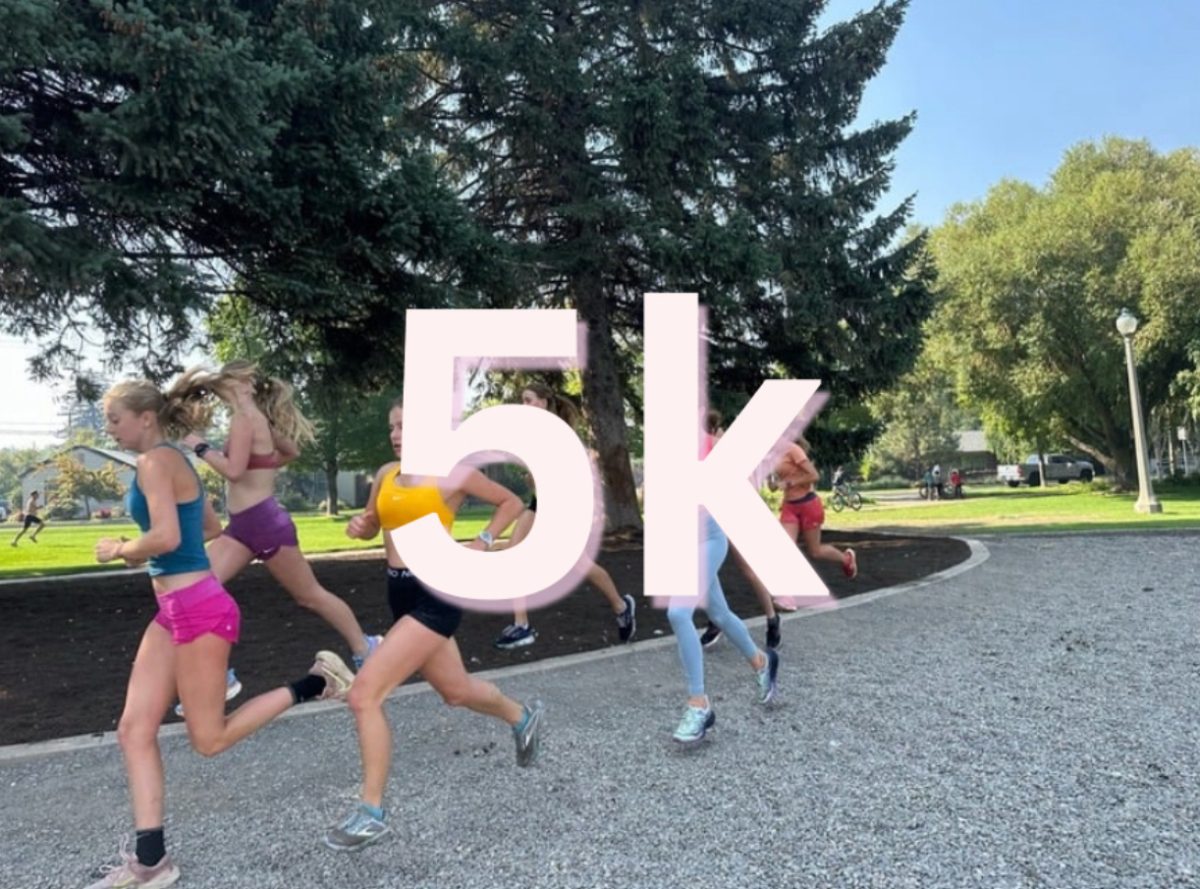

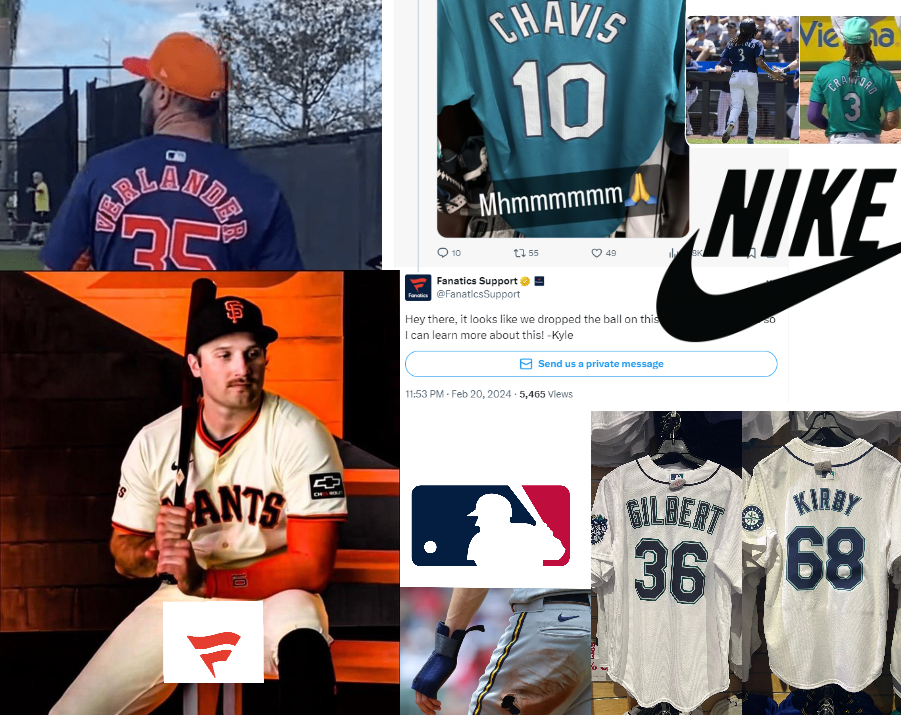

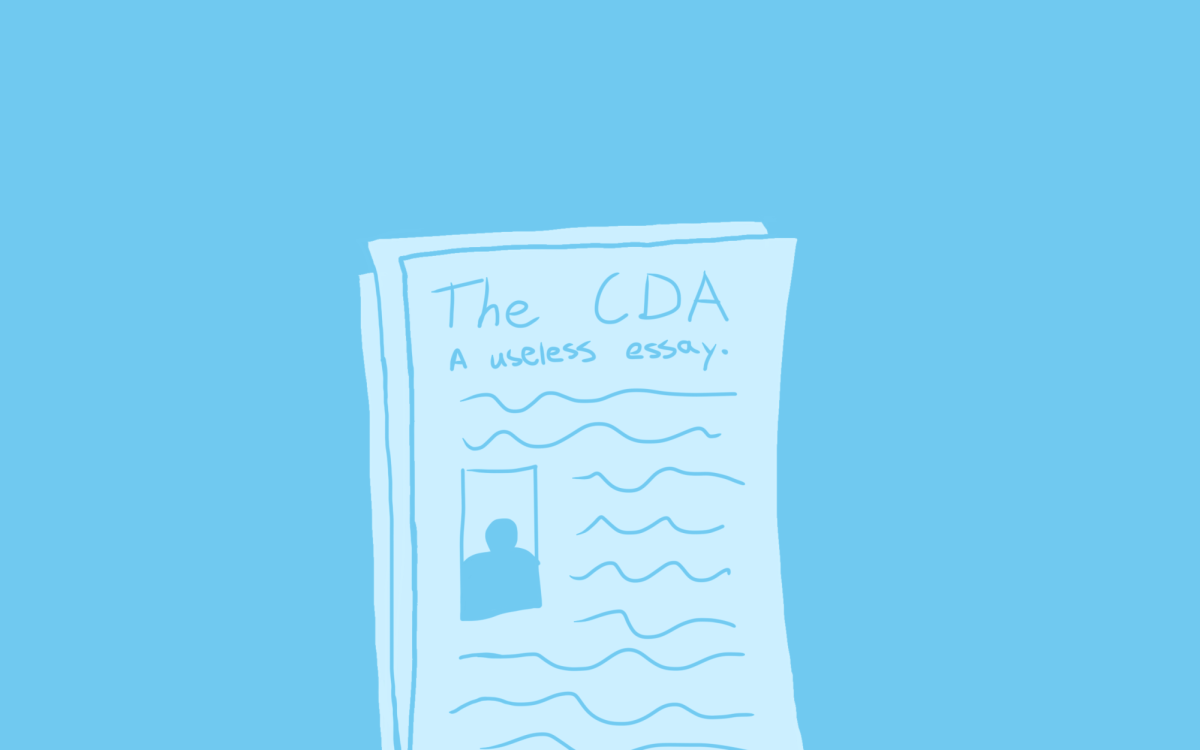
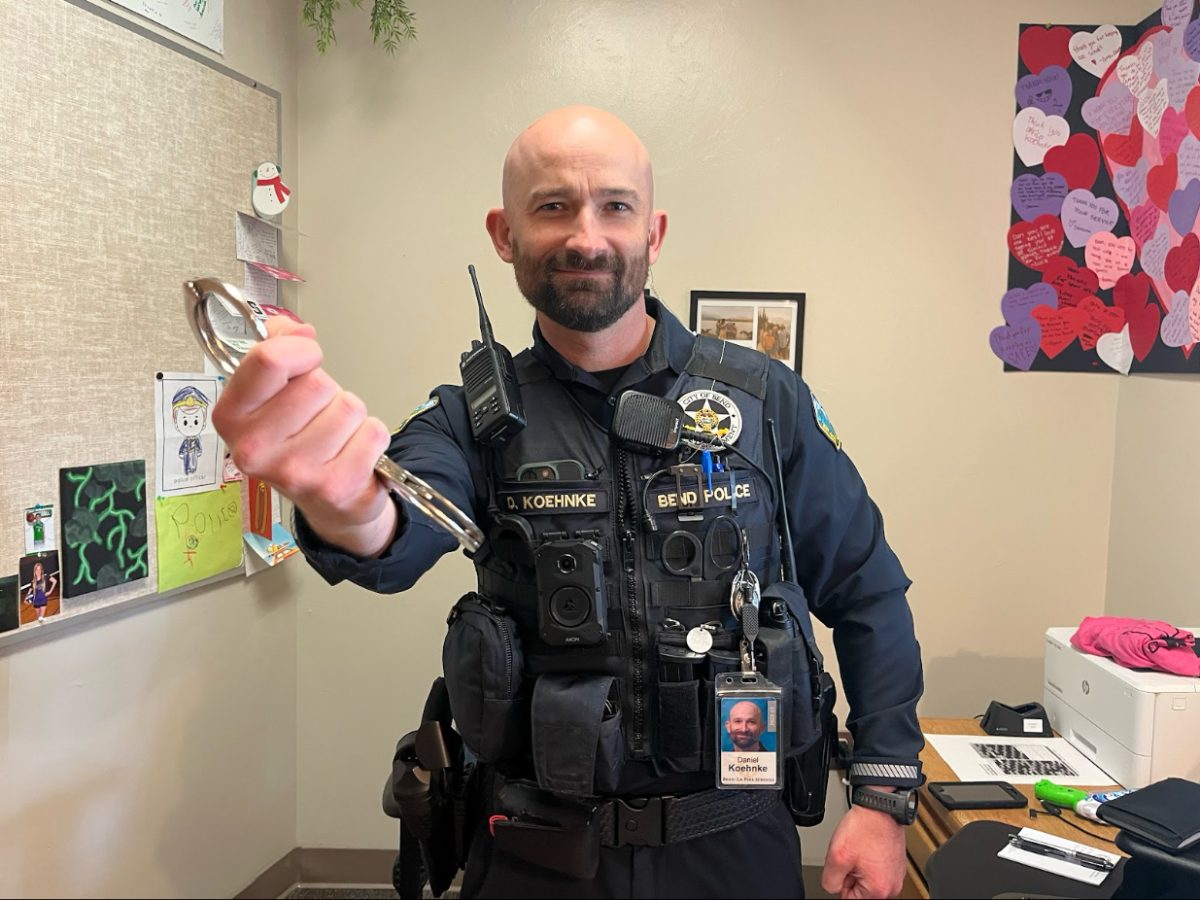
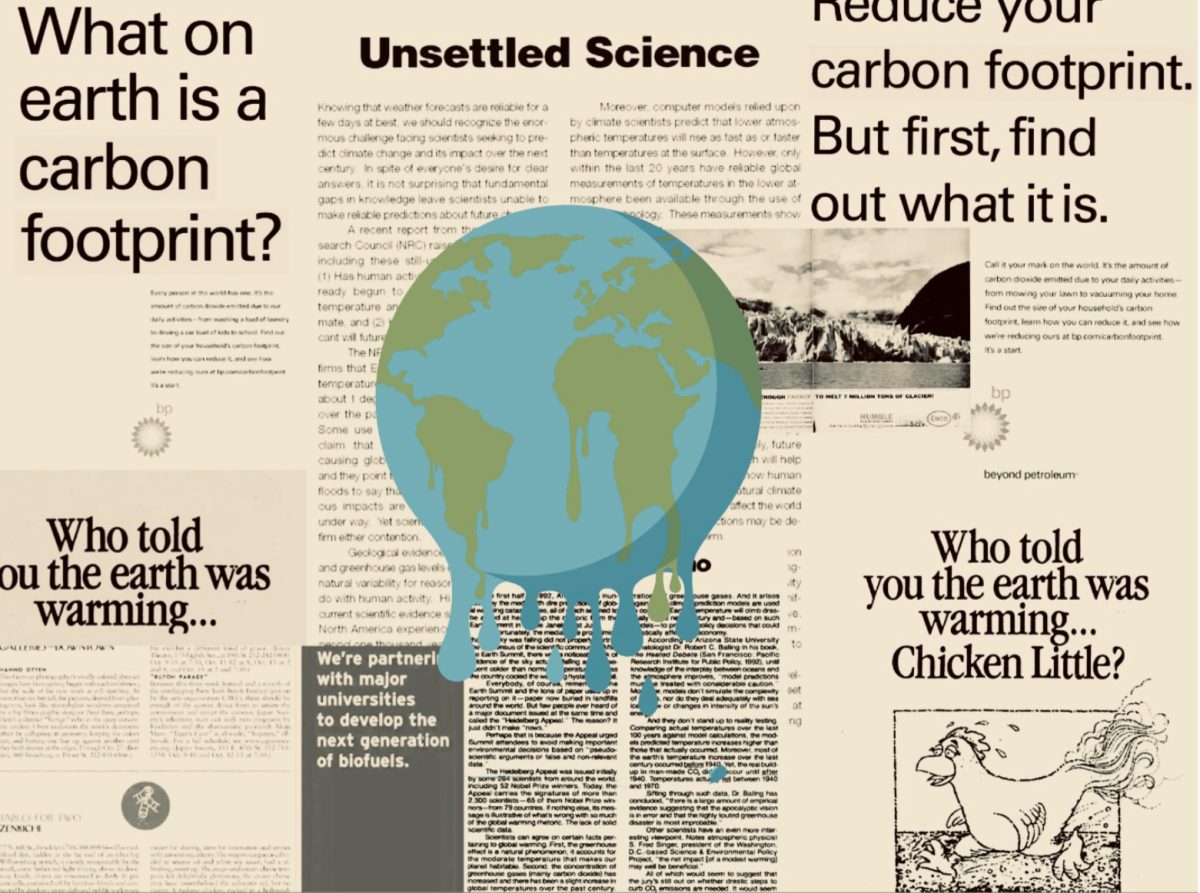



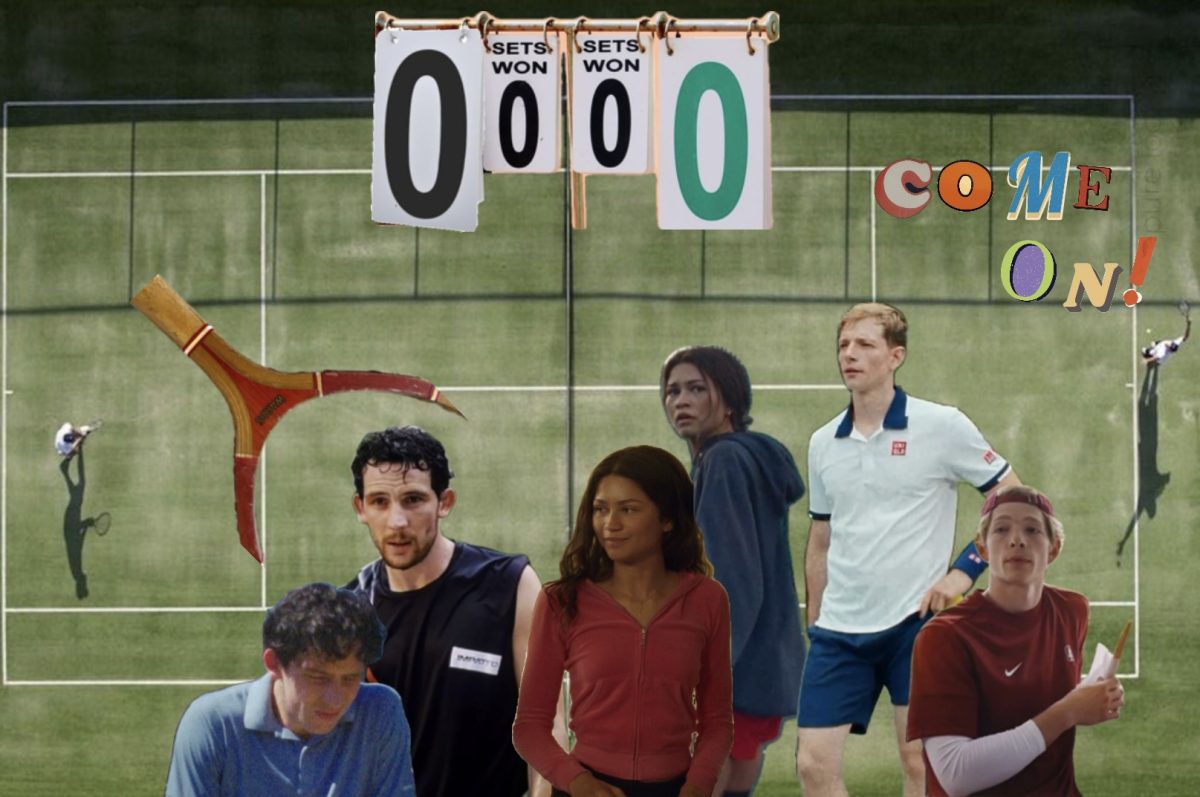

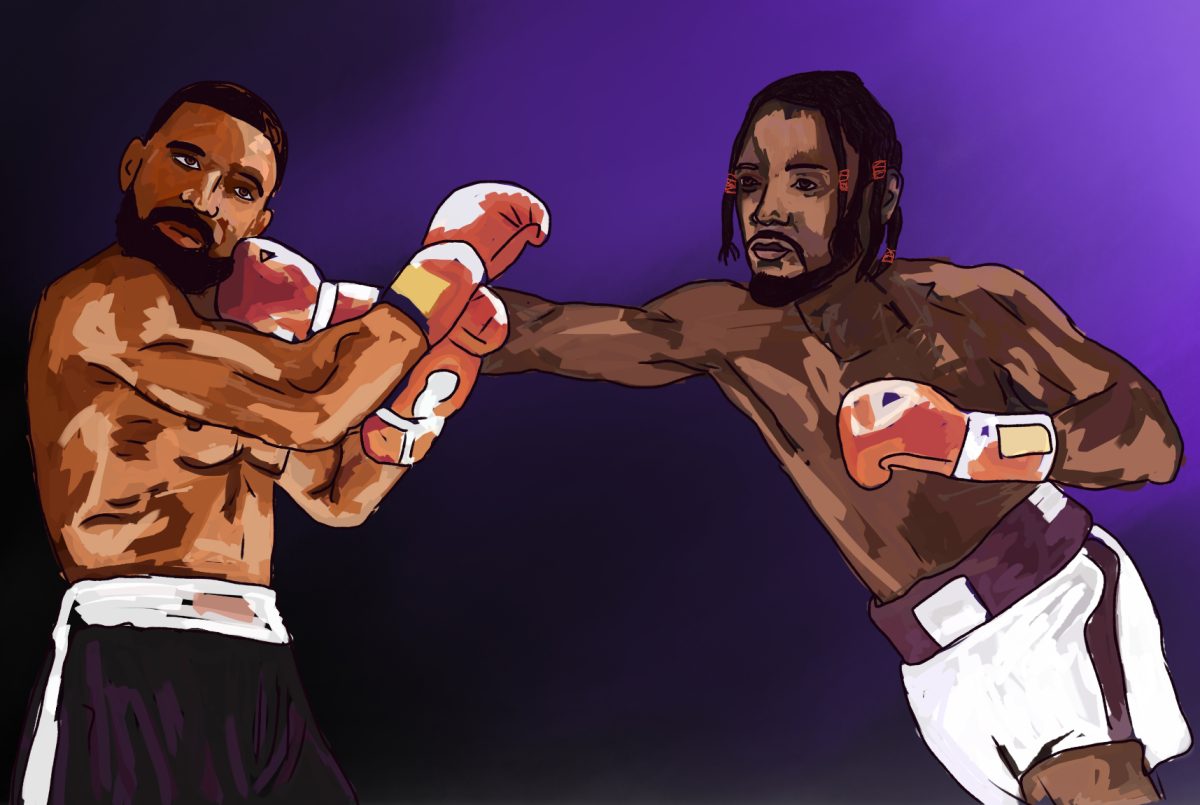
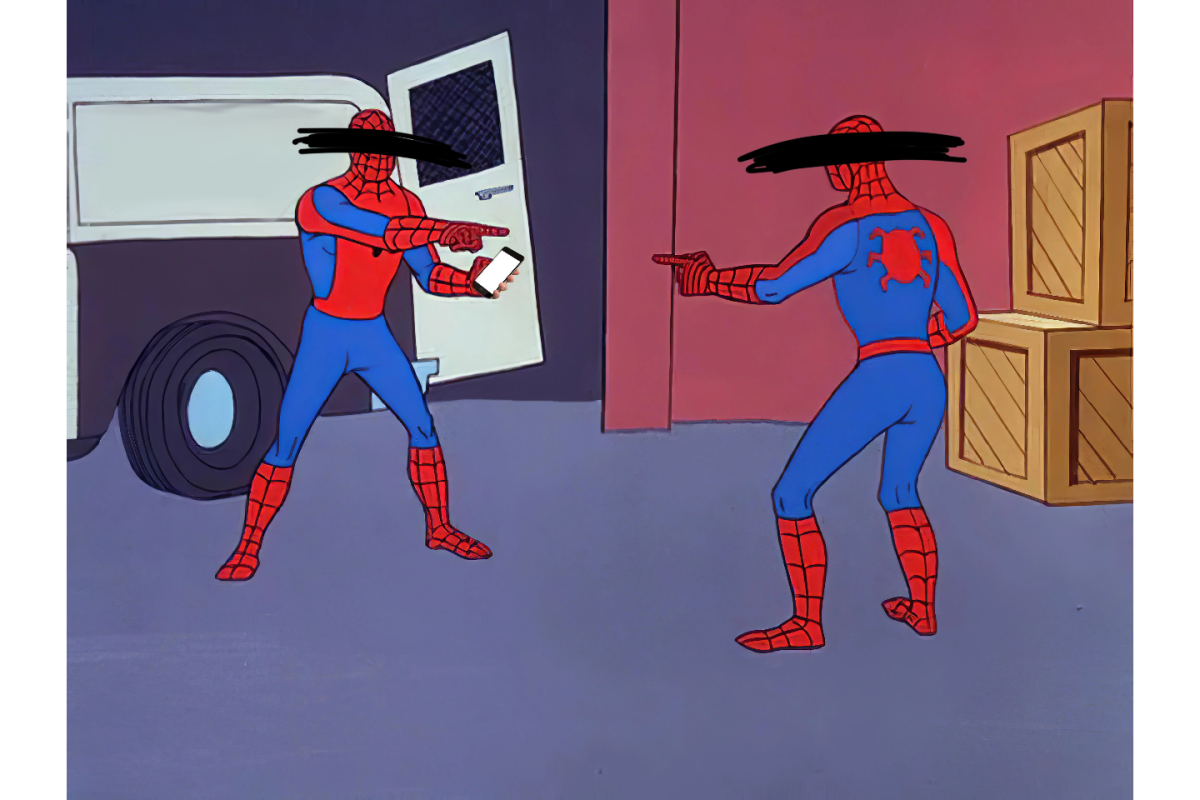
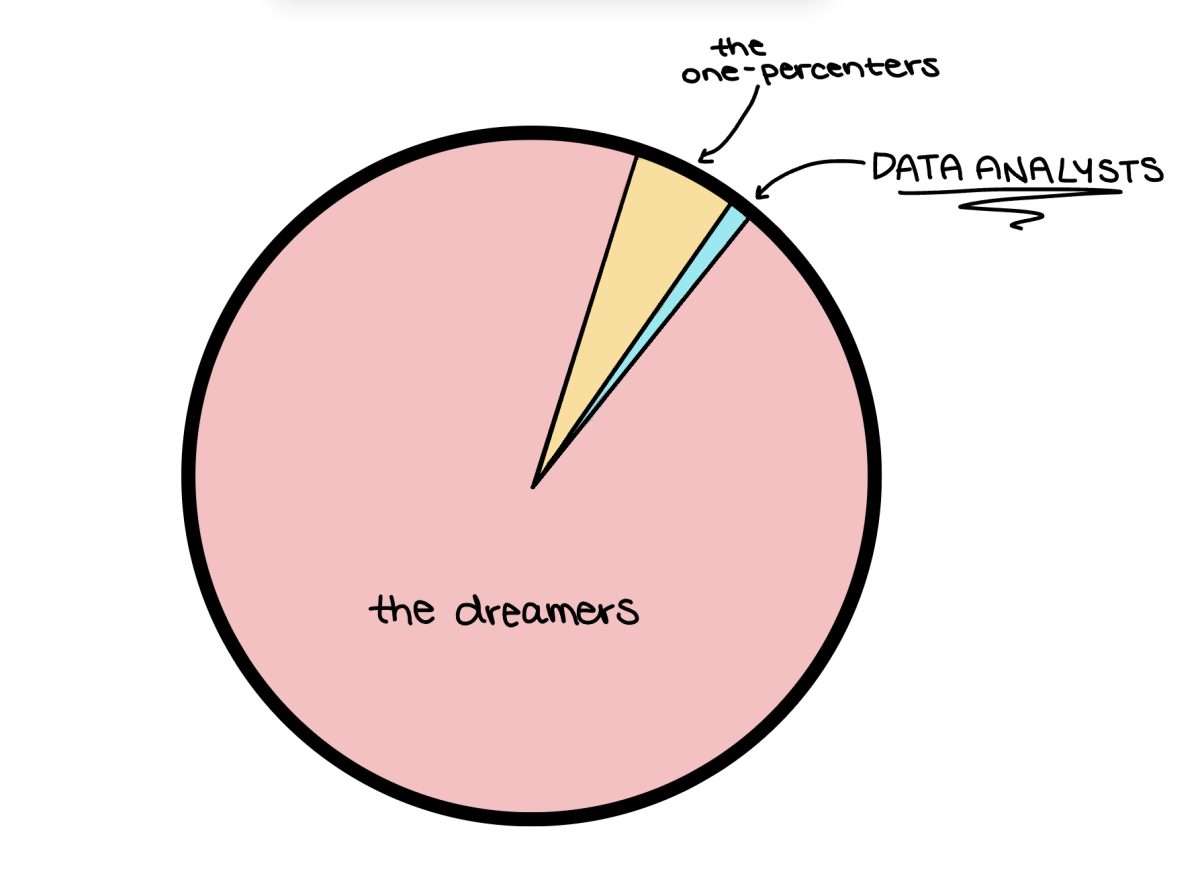
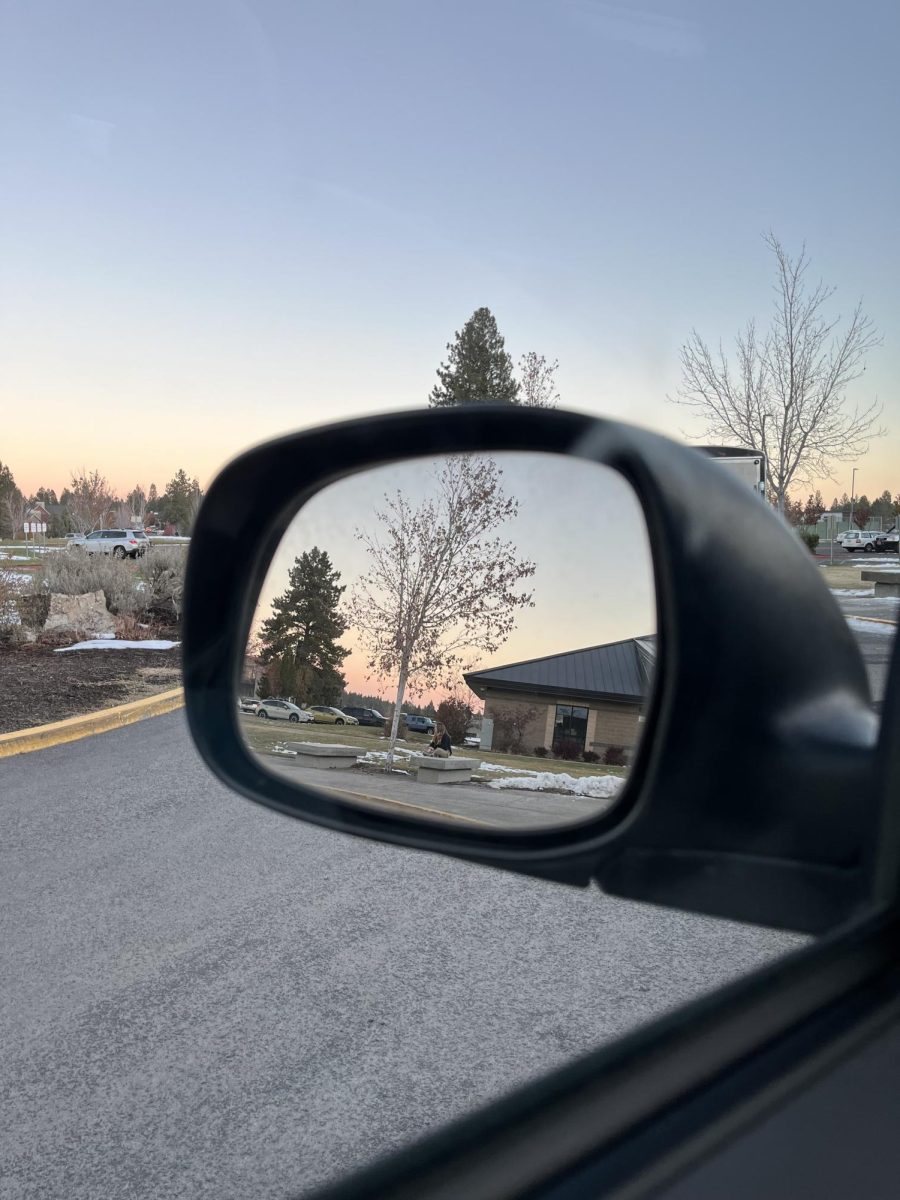
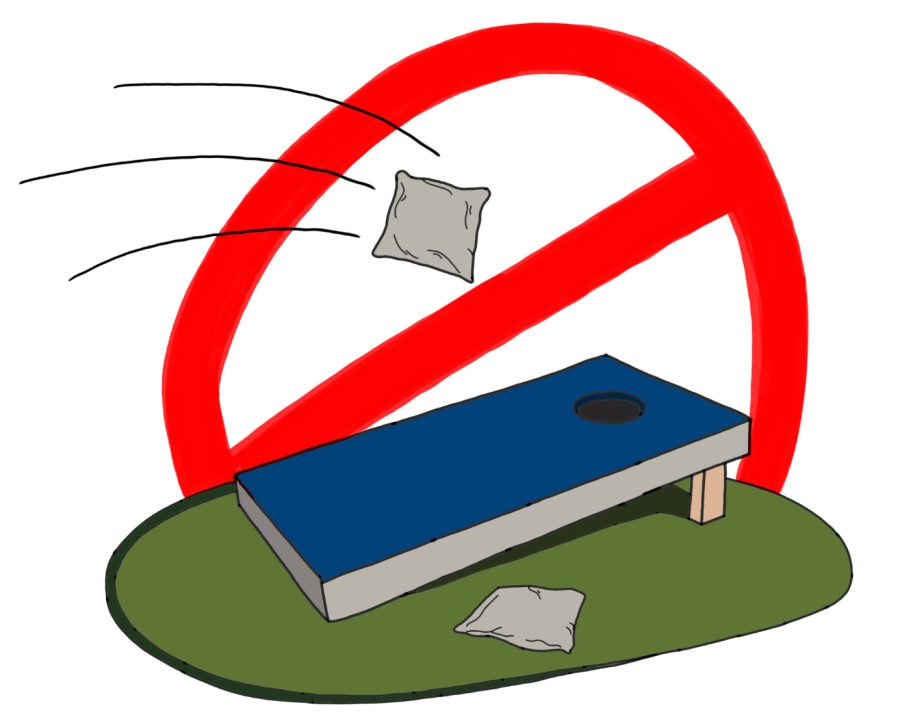
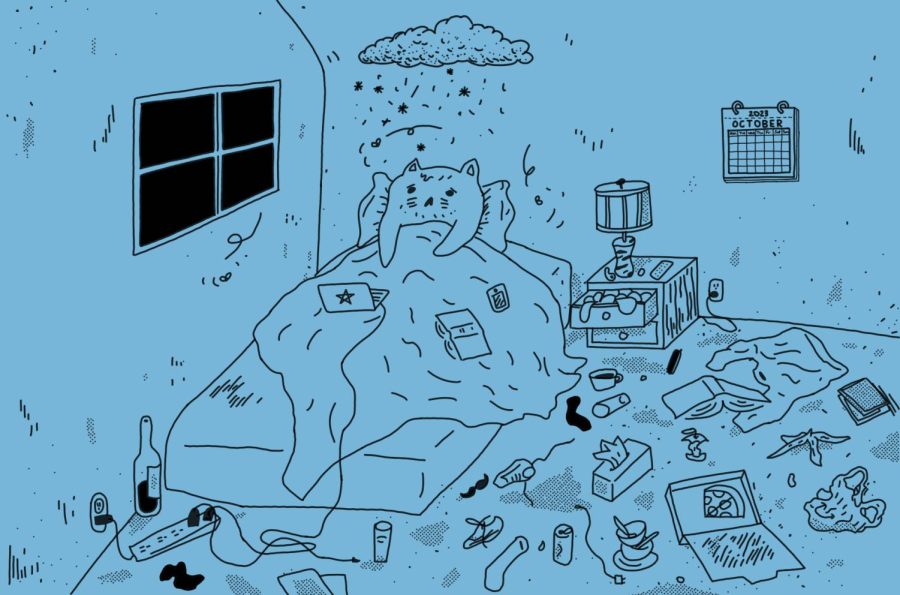
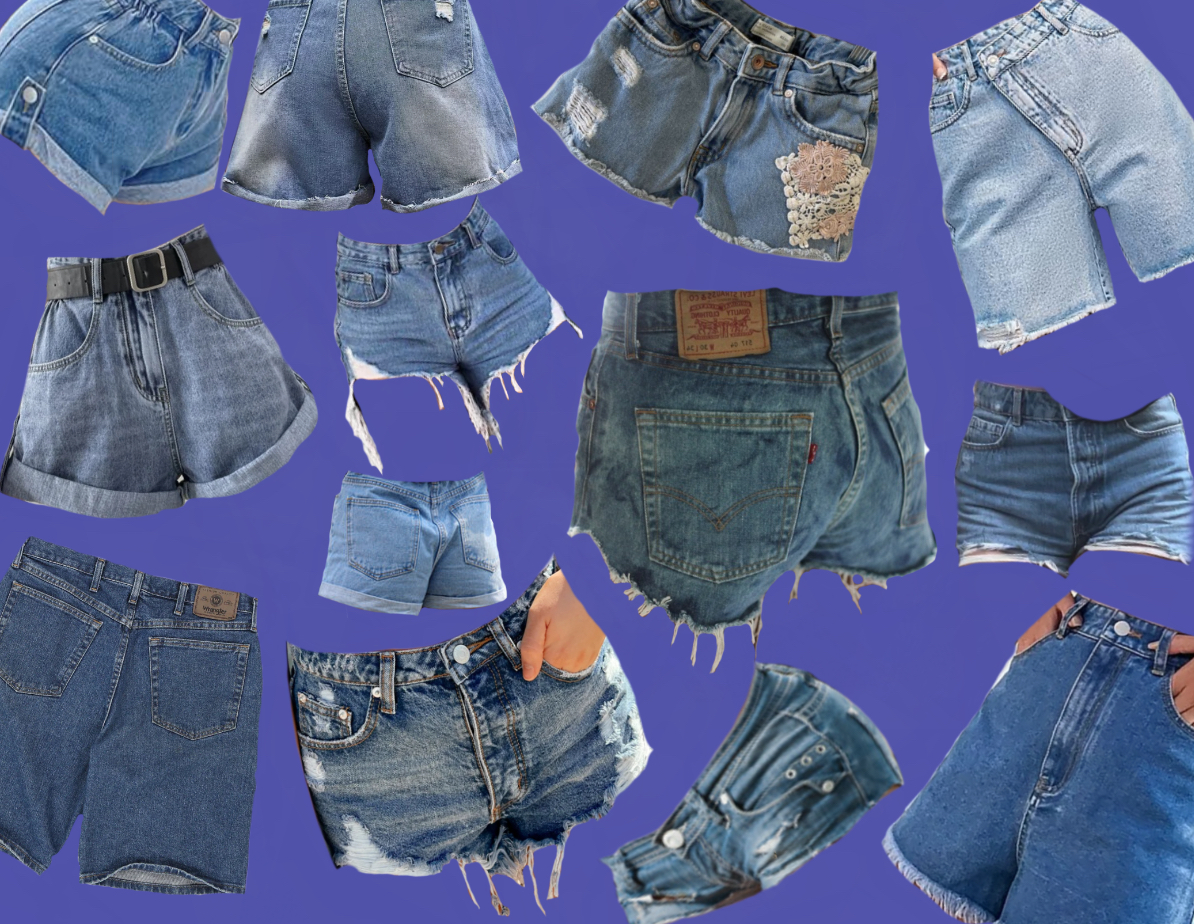


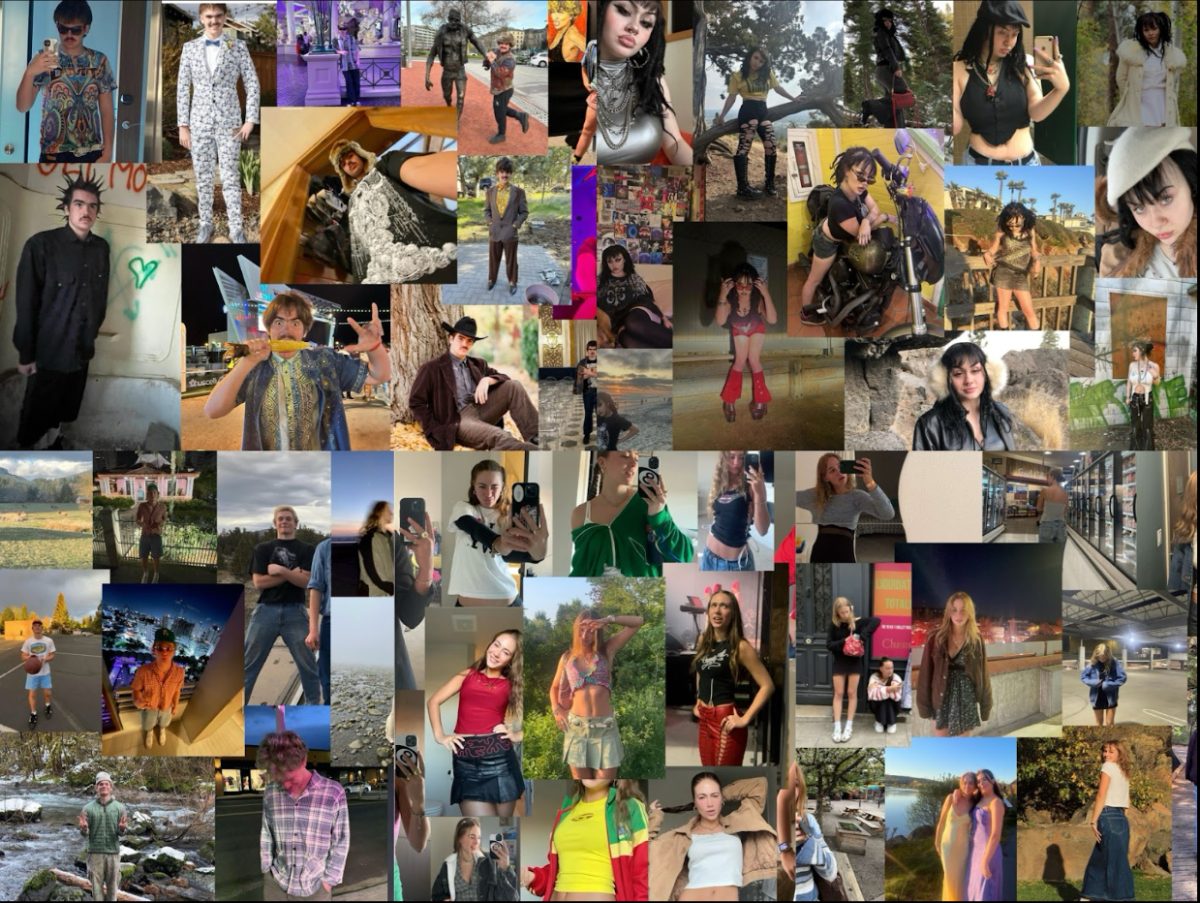
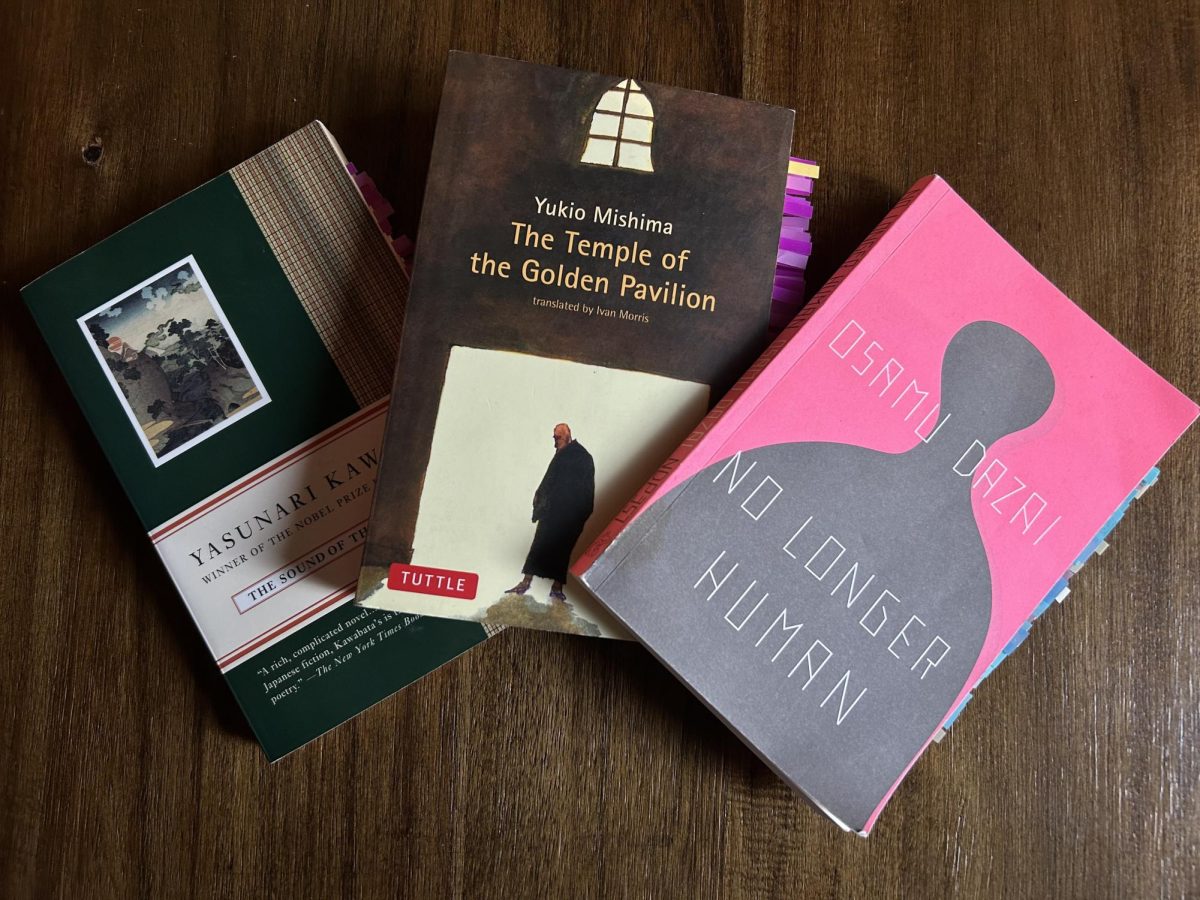
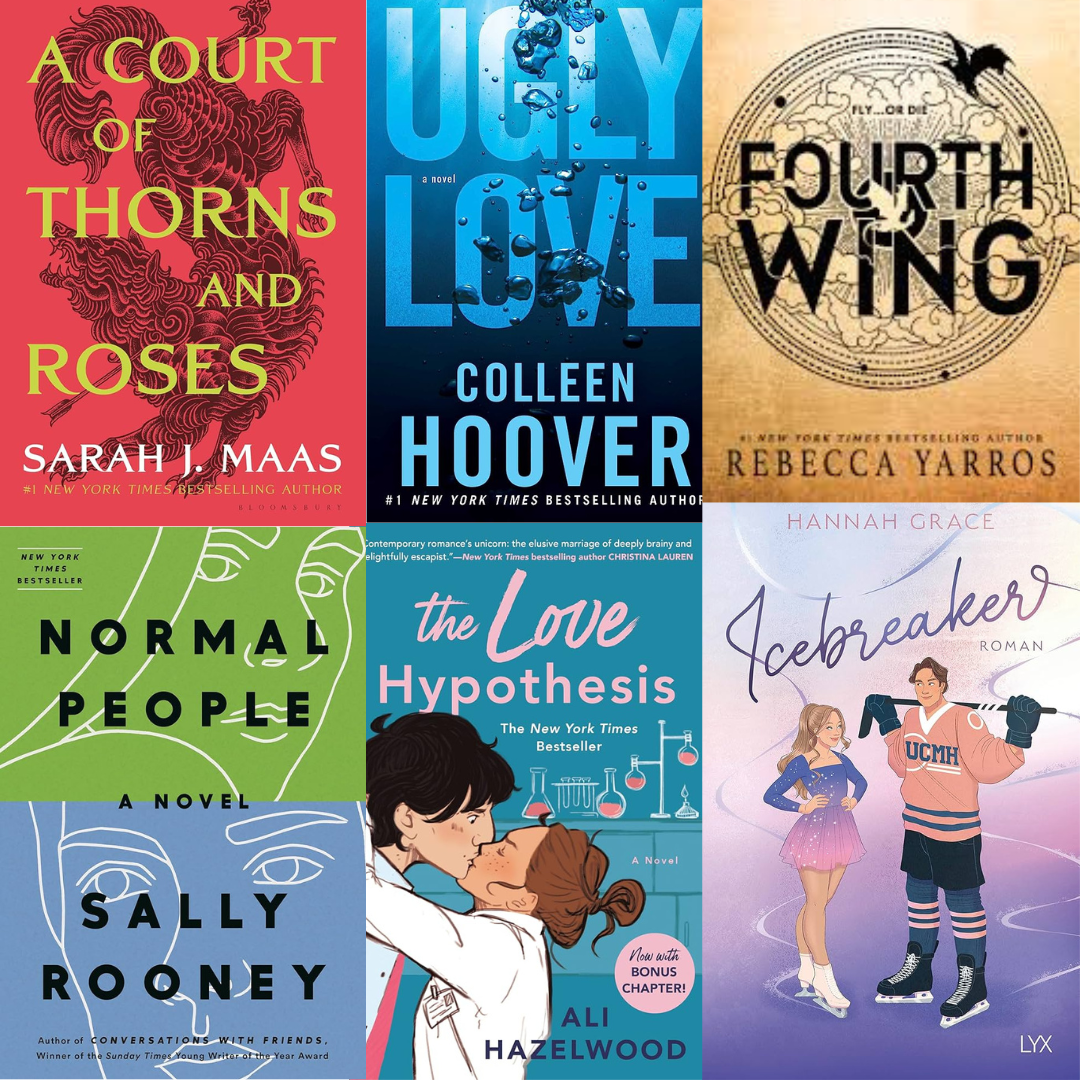





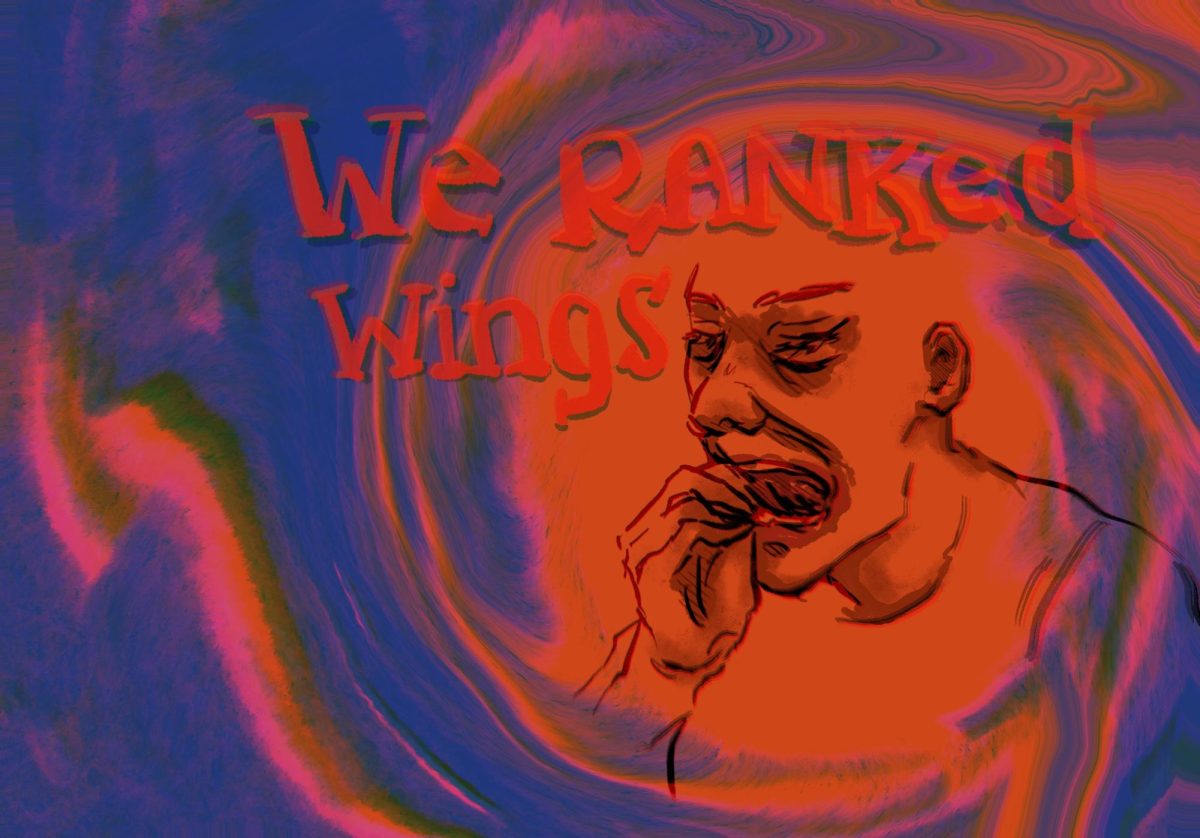





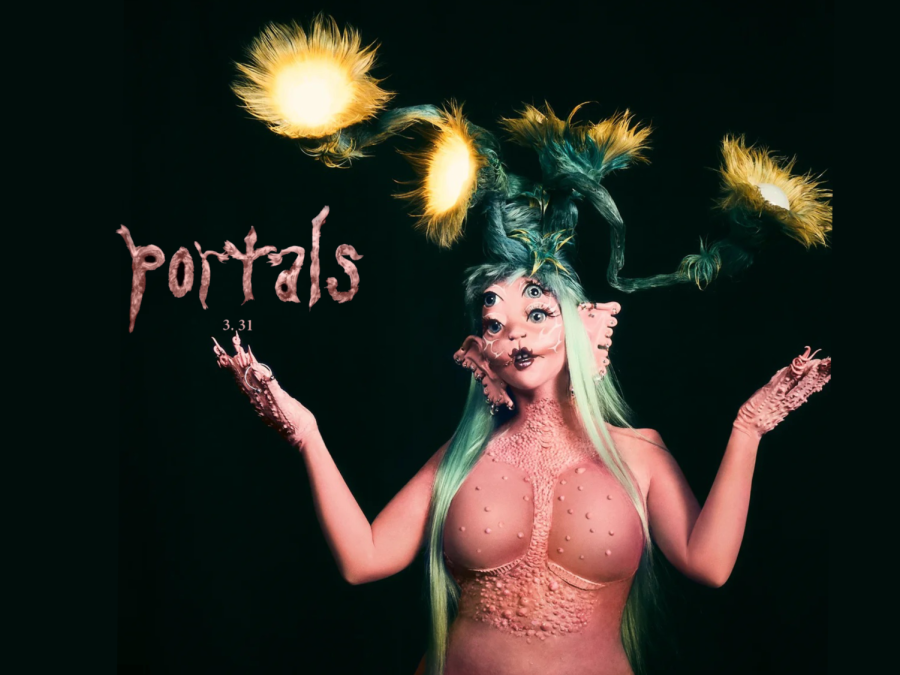
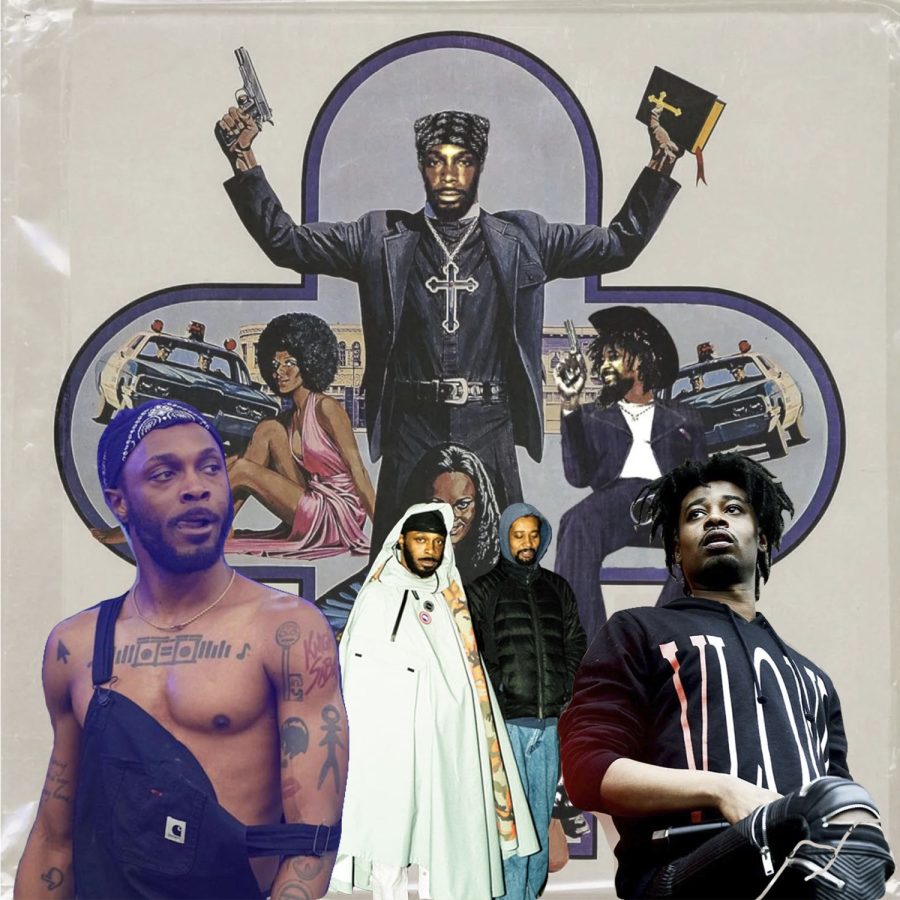



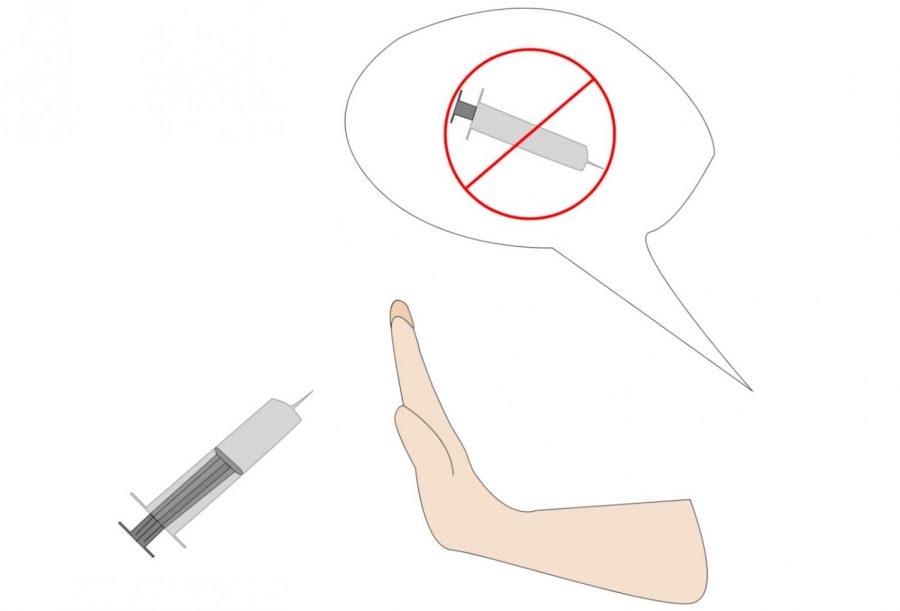





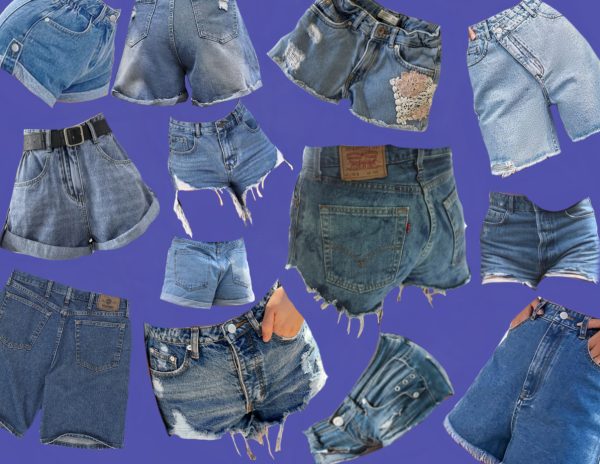


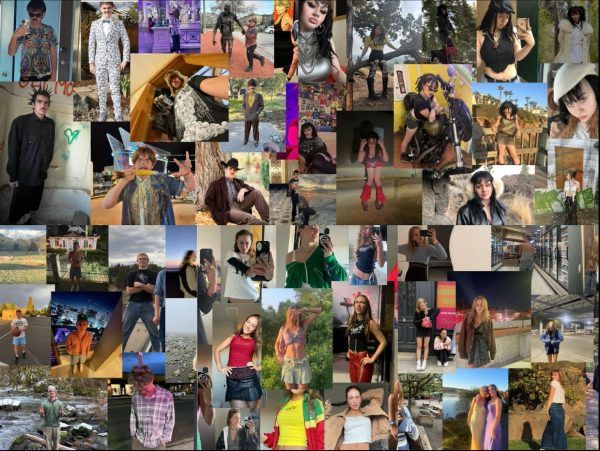

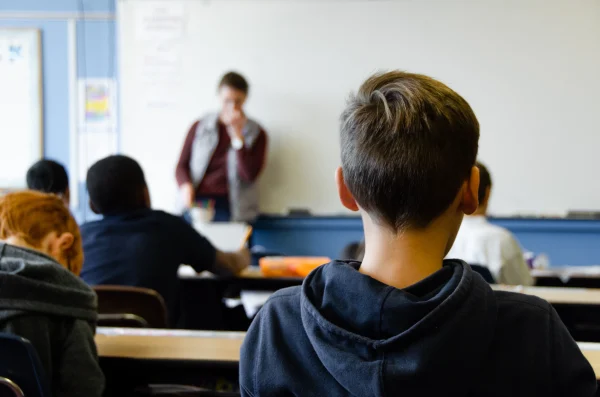



Chris • Nov 21, 2021 at 10:18 am
Thanks AJ for the informative article. My wife, Elena, and I have noticed that ridership on the Glasgow, Scotland, subways is comprised mostly of masked customers. Generally, we have observed that the majority of unmasked patrons appear to be teens in groups. Midweek, it is not a problem. However, during the weekends, the teen groups really become a nuisance and seem oblivious to any social distancing or masking and really become an issue for riders who try to observe the mask policy. I think they subscribe to the “safety in numbers” approach and also to denial that they could be affected. Thanks for the great reading.
Chris Skidmore